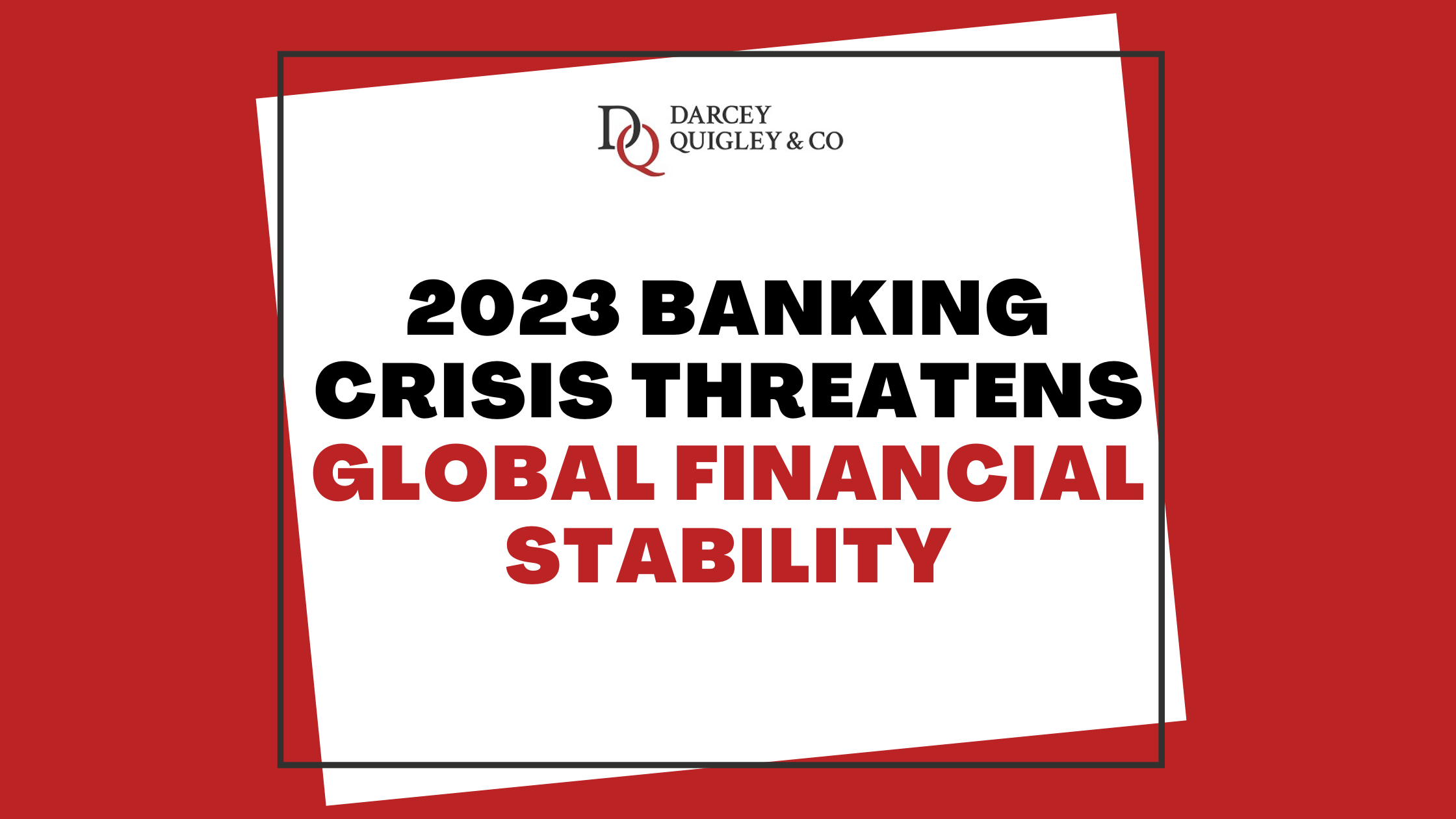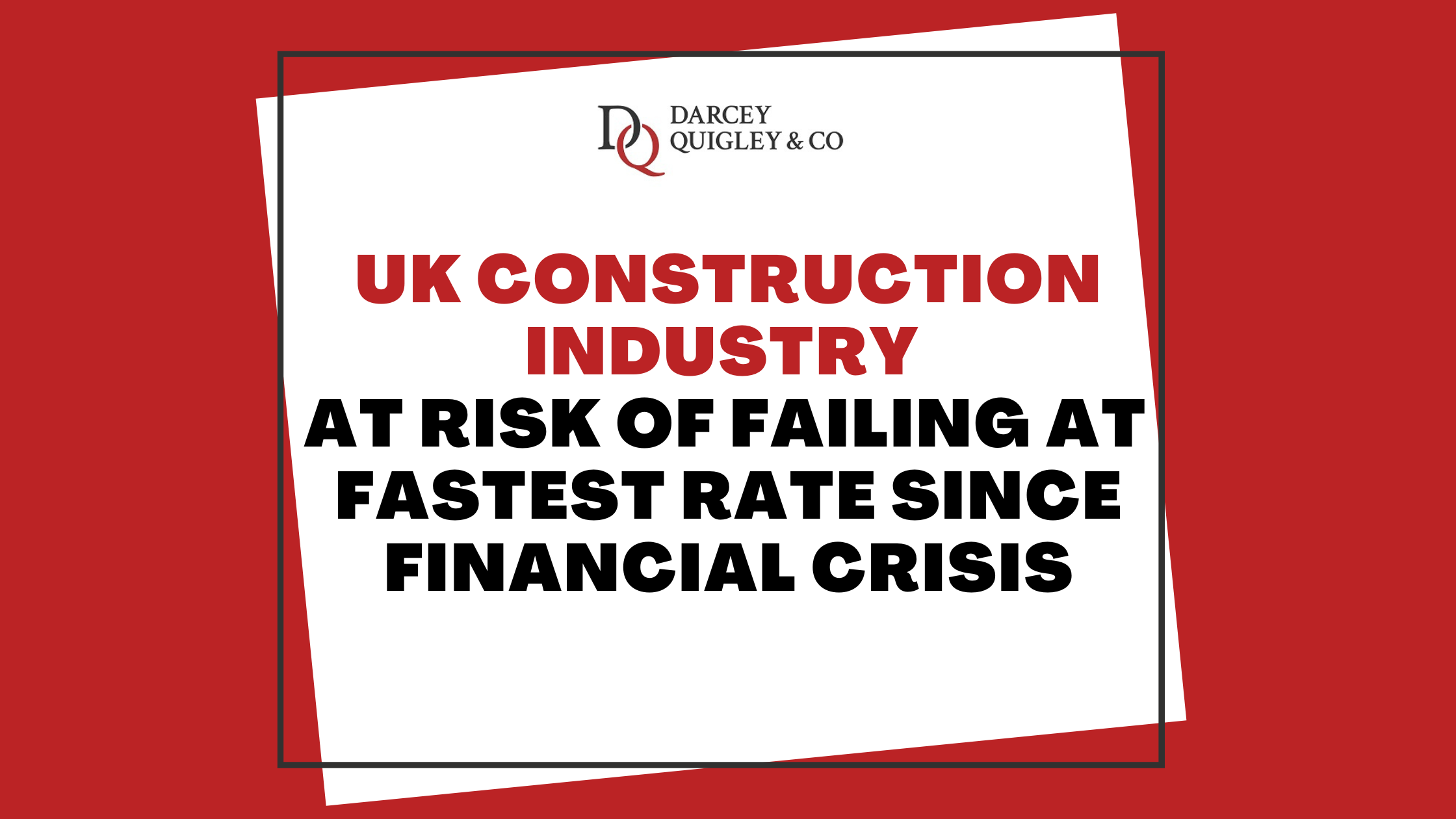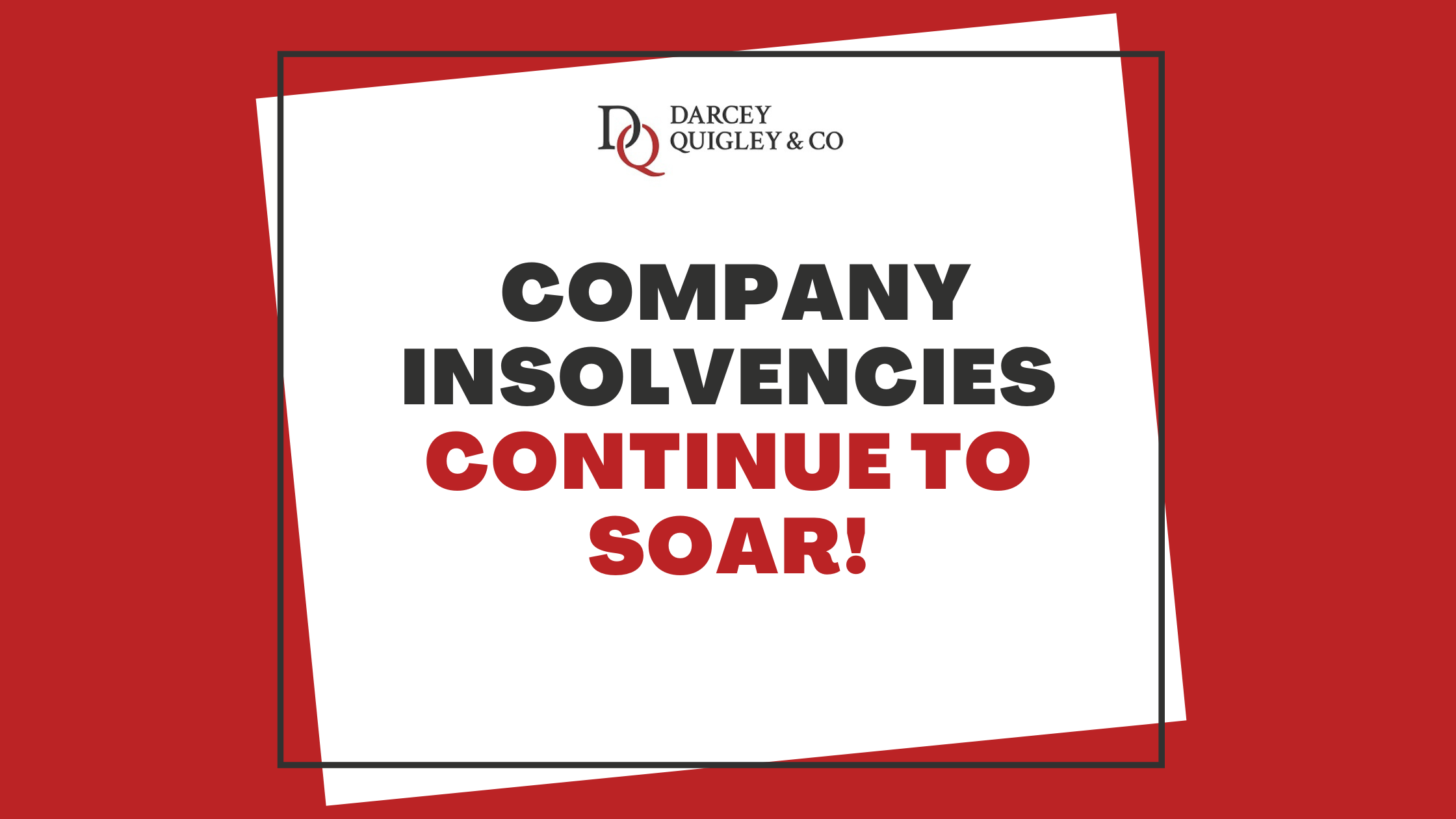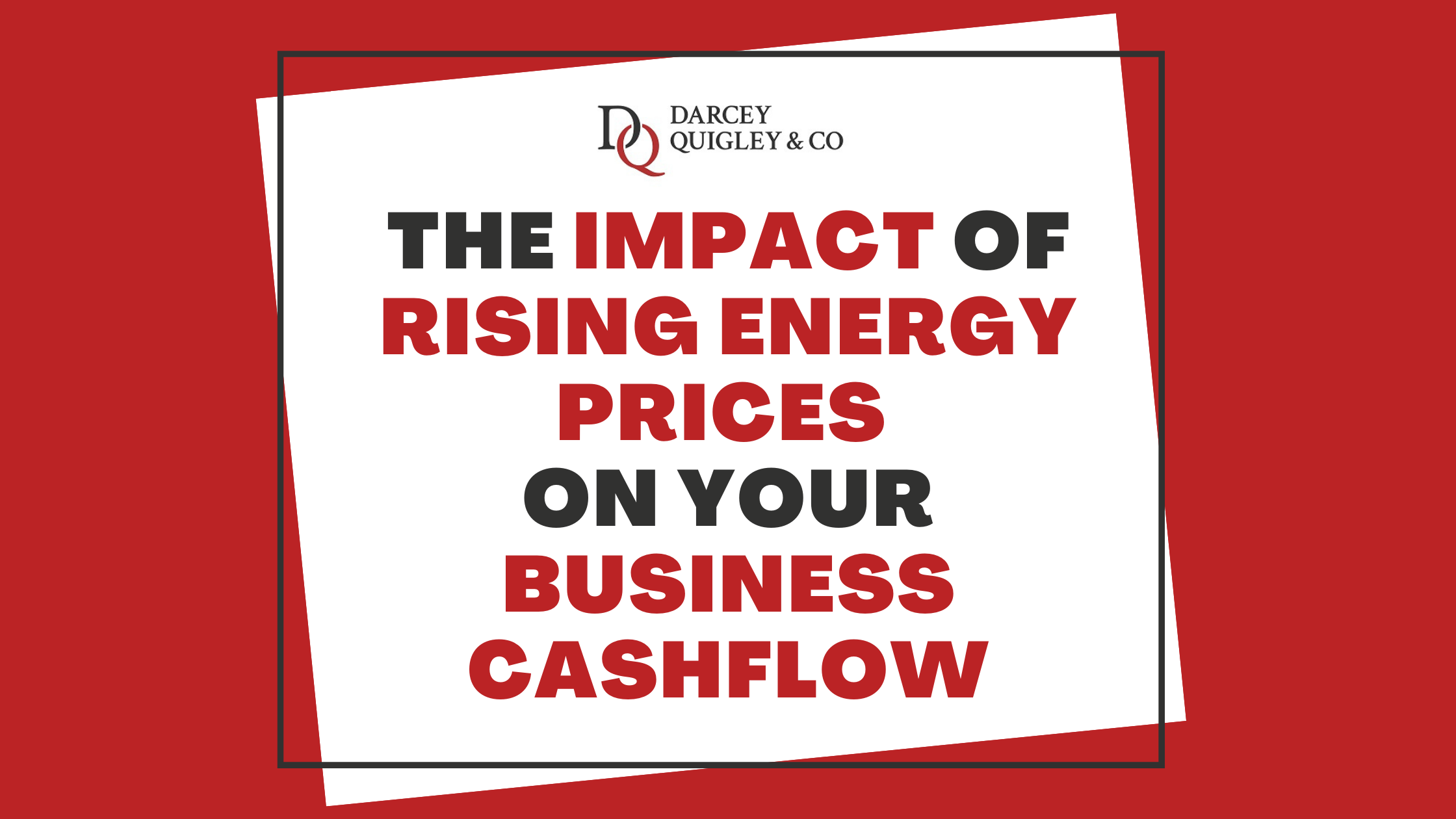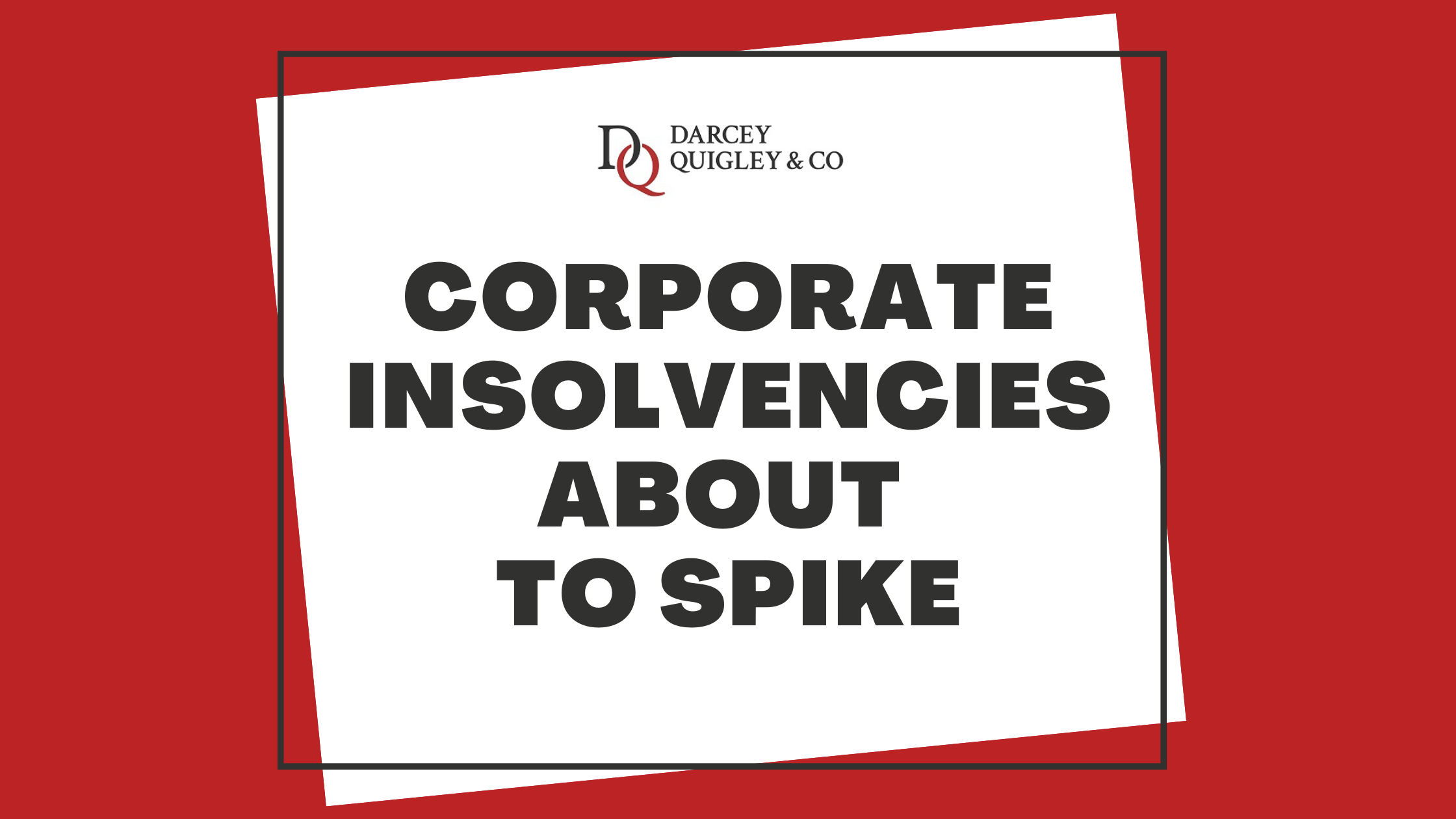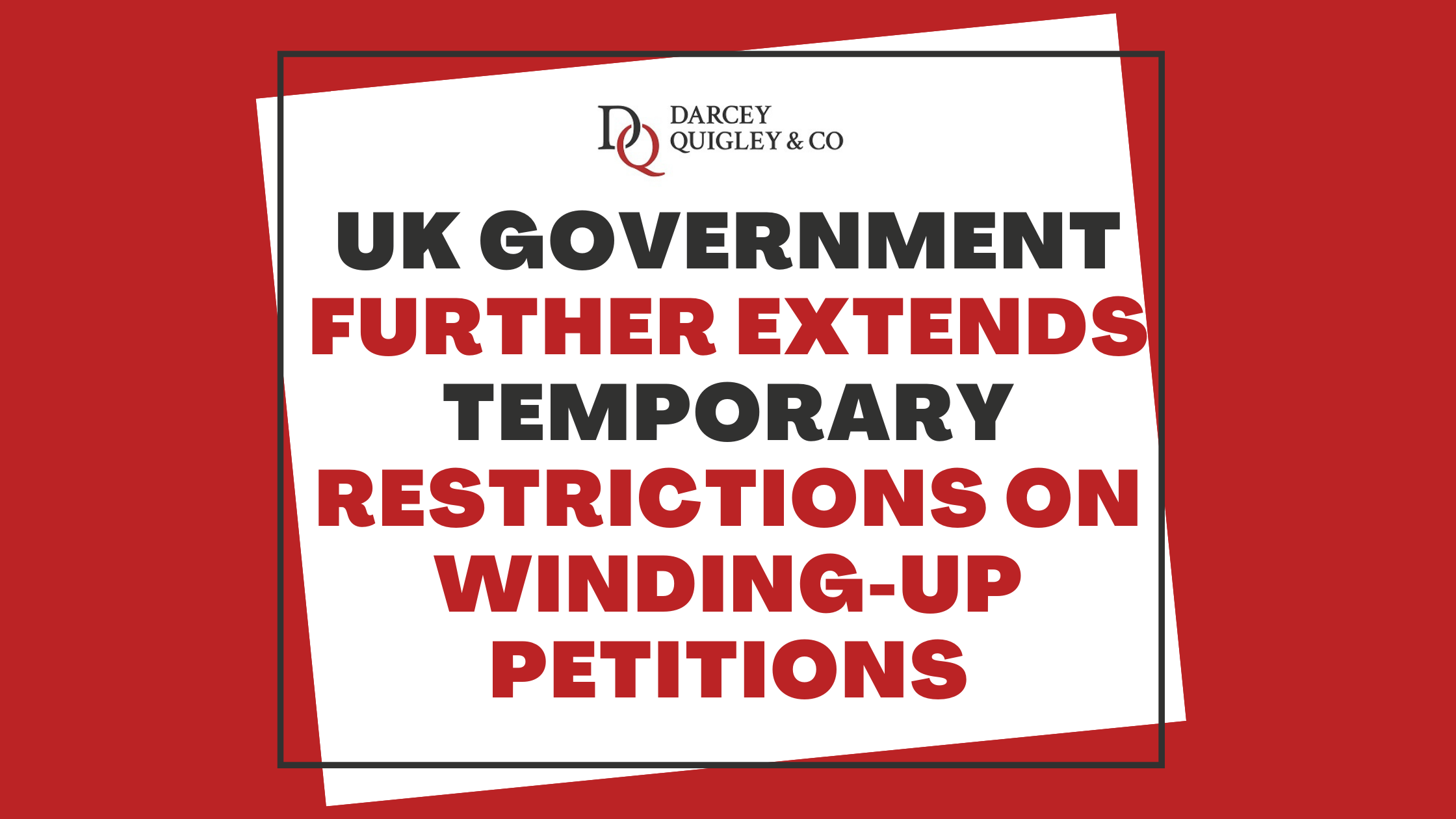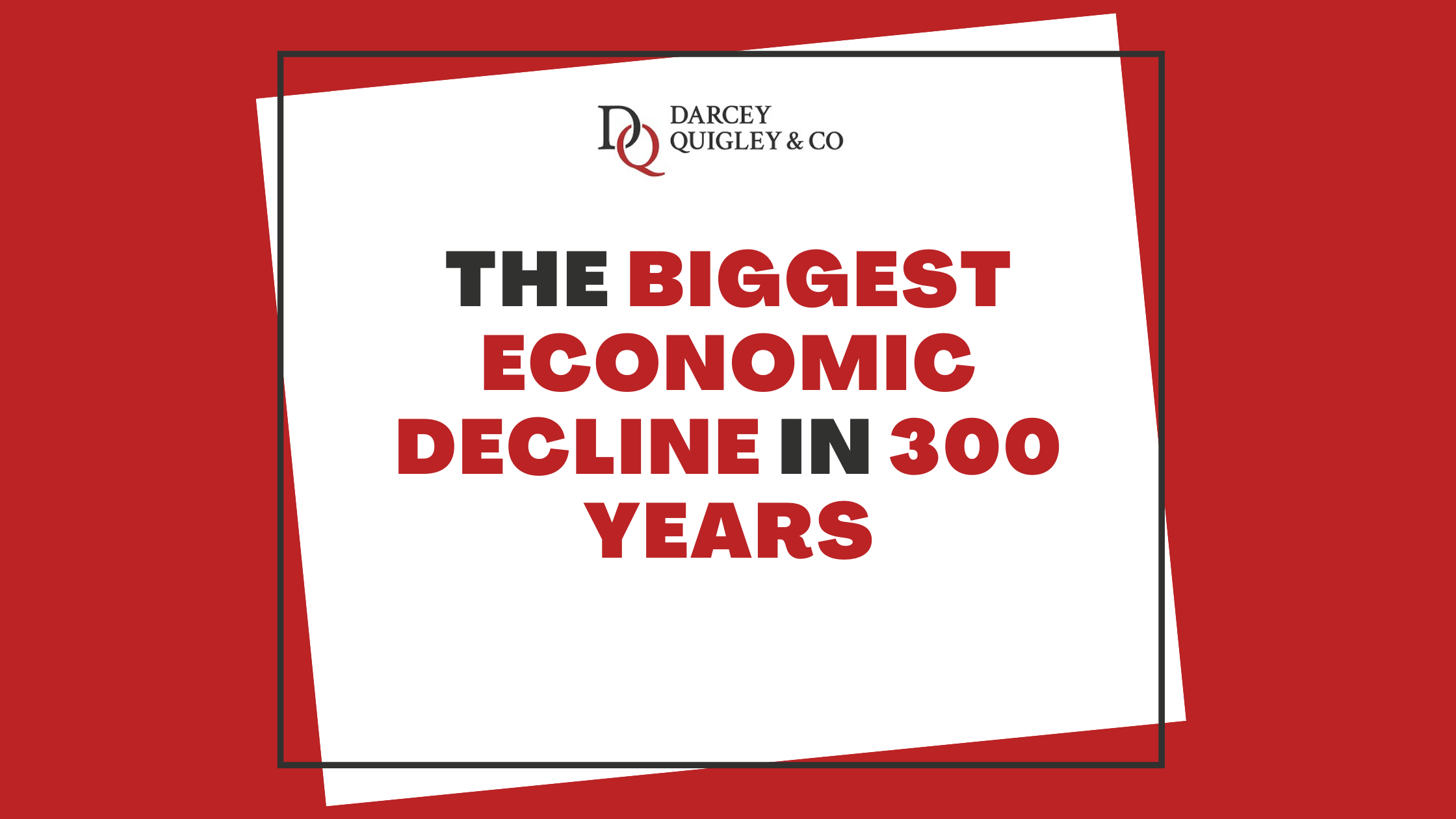Your Guide to Sending Overdue Invoice Reminders & Chasing Late Payment
Are you fed up waiting on a late payment? You’re not alone, and this is why we’ve put together this complete guide on sending overdue invoice reminders and chasing late payment.
An effective payment chasing process is simple to set up once and will mean you get paid quicker and improve your cash flow.
Late payments are increasingly becoming more problematic for businesses in the UK, particularly for SMEs.
But just how big is the issue?
The average SME is typically chasing five outstanding invoices with £8,500 being owed to each business. For many businesses, particularly after the past year, this could be catastrophic to their cash flow and their survival.
But it is not just missing the cash that is a problem, businesses have been found to spend 56.4 million hours a year chasing late invoices. This is a huge amount of time and resources that could be better spent elsewhere to drive growth of a business.
So how can businesses reduce debtor days and get paid quicker?
Having a set process for chasing late invoices is the first step in being well organised and gives you a leg-up when it comes to getting your invoices paid quicker.
How to start reminding late payers & chasing payment
Before you think about chasing payment you need to put in the groundwork and formulate a process for collecting payment. This involves mapping out when you need to contact your customers in the event of non-payment.
The first step in an effective payment chasing process is reminding your customer that payment is due.
Sending overdue invoice reminders
After you have already sent your invoice the very next piece of communication you should send to your customers is a friendly reminder that payment is due soon. We would recommend sending this on the day payment is due if payment hasn’t already been made but you could also send one just before the invoice due date.
It is important to keep a friendly tone with your overdue invoice reminders because you don’t want to rock the relationship you have with your customer, particularly when an invoice isn’t overdue yet.
For overdue invoice reminders we would recommend sending an email that is friendly but to the point. Include your company name, invoice number and the due date in the subject line so your customer can see when your invoice is due to be paid just by glancing at their inbox.
1st overdue invoice reminder
When your invoice due date comes and goes and no payment is made it is time to be proactive and begin chasing payment. We would suggest sending a chaser email one or two days after the date payment was due.
In many cases an honest mistake on your customer’s part has resulted in late payments and a gentle nudge is all that is needed to prompt them to pay you.
In your first chaser email it is important that you maintain a polite and courteous tone advising when payment was due and asking your customer first if they have received your invoice and secondly when you can expect to receive payment.
Always attach the invoice again to all correspondence relating to that particular invoice so your customer definitely has a copy, and it is easily accessible from emails relating to that invoice.
2nd overdue invoice reminder
When a week has passed from your payment due date and no payment has been made, it is time to take a firmer stance, but again, it is vital that you remain courteous in your approach here. We’d recommend sending a 2nd overdue payment reminder 7 days after your payment due date.
In your 2nd reminder, again reiterate the payment due date and acknowledge that it is now 1 week late. At this point you should also ask if there is anything delaying payment being made such as a query about the invoice, errors on the invoice or issues at your customer’s end. Queries or mistakes on an invoice should be addressed immediately so that payment can be made.
If the delay is due an issue at your customer’s end, showing empathy can go a long way in preserving your professional relationship.
However, do not be taken advantage of you should still ask when you should expect payment to be made. Whilst it is important to show some understanding, issues your customers face are not your problem, your focus should be on getting paid within the time frame agreed in your credit terms.
3rd overdue payment reminder
When your invoice becomes 30 days overdue then alarm bells should be ringing and you need to take immediate action, particularly if there has been no reasonable explanation from your customer for the delay.
You do not want to come across as rude in any of your chaser emails but when it comes to a third chaser email you need to emphasise a sense of urgency that you need paid immediately.
An effective way to show urgency is by warning that if payment is not made then interest will be added to the outstanding balance. No business wants to pay more so we find this is a good lever to pull when your invoice has been outstanding for some time. Late payment legislation means businesses in the UK can legally claim interest and debt recovery costs if another business is late paying for goods or a service. More on that later in this article.
4th overdue invoice reminder – final reminder
For cases of extremely late payment you must make it clear that you are sending a final reminder. Include this in the subject line, as well as the invoice number and your company, as well as in the body of the email.
You should explain how late the invoice is at this point and that if payment is not made immediately then you’ll have no choice but to get a debt recovery partner involved to recovery the money owed. We’d advise stating that if payment is made immediately then you’ll close the case and will not need to get a debt recovery partner involved, giving your customer further incentive to pay quicker.
This email should be a last attempt from you to try and recover the money on your own as if you fail to follow up and get a debt recovery partner involved all further communications from you won’t be taken seriously.
For more practical advice on writing invoice chaser emails and letters take a look at our recent article.
When is an invoice legally considered late?
If you agree a payment date in your credit terms with a customer payment must usually be made within 30 days for public authorities or 60 days for business transactions according to the UK Government.
If a payment date has not been agreed, then UK law says the payment is late 30 days after either the customer gets the invoice, or you deliver the goods or provide the service if this is later than when the customer gets the invoice. Did you know that when an invoice becomes late you are entitled, by law, to compensation and interest?
What compensation can businesses claim for late payment?
Thanks to The Late Payment of Commercial Debts Act businesses are legally entitled to interest, compensation and reasonable costs for recovering the debt.
How is this calculated?
Interest
This interest is referred to as “statutory interest” and the total amount is equal to 8% of the outstanding debt plus the Bank of England base rate for business-to-business transactions.
For example, if a business is owed £10,000 and the BoE base rate is 0.1% then the annual statutory interest would be 8.1% of the £10,000 debt which equals £810.
The daily interest would be £2.22.
If the debt was late by 60 days then we would multiply the daily interest by 60, which would be £133.20
Learn more about how to calculate late commercial payment interest in our previous blog post.
Or use our free calculator to see how much late payment interest & compensation you can legally claim today! It takes just seconds.
Compensation
Late payment legislation also means you are able to charge a business a fixed sum in the form of compensation. The amount that you can charge depends on the amount of debt and can be applied once to each invoice.
For debts worth up to £999.99 you can charge £40
For debts between £1,000 and £9,999.99 you can charge £70
For debts worth over £10,000 you can charge £100
Reasonable costs for debt recovery
You are also legally entitled to claim for reasonable costs for debt recovery each time you try and collect the debt using a debt recovery partner and this would then be charged back to your customer.
When to get a commercial debt recovery specialist involved
If you are finding it increasingly difficult to recover commercial debt that you are owed it is time to get the experts involved.
We see time and time again businesses lose money that they are entitled to because they have left the debt outstanding for long, their customer has filed for insolvency and the debt is impossible to recover.
It is so important to act fast and trying to recover commercial debt as quickly as possible.
Darcey Quigley have close to 15 years’ experience collecting commercial debt worth hundreds of millions of pounds for clients of all sizes, from multinational corporations to SMEs and sole traders.
By partnering with Darcey Quigley to recover your commercial debt you’ll:
- Have interest, compensation and reasonable costs taken care of and collected for you.
- Significantly reduce debtor days.
- Support and live updates on your case from our friendly team.
- Your case actioned within just 1 hour.
- You’ll only pay a percentage of your total debt as a fee when we recover your debt.
- Debt recovery specialists you can trust with 93% success rate collecting commercial debt.
If you have outstanding commercial debt act now or risk never recovering what you’re owed. Our friendly team are on hand to help advise on the best course of action to recover commercial debt. Call us on 01698 821 468 or schedule a call for a time that suits you here
Chasing late payment is just one component of credit control. For a better credit management process take a look at our complete guide to credit control.
Lynne is the Founder and CEO of Darcey Quigley & Co.
She is passionate and determined to help businesses get overdue invoices paid quickly.
Having worked within the credit management industry for over 27 years and ran UK leading commercial debt recovery specialists Darcey Quigley & Co for over 18 years, Lynne has helped businesses recover commercial debts from every continent across the globe.
Connect with me on LinkedIn!



